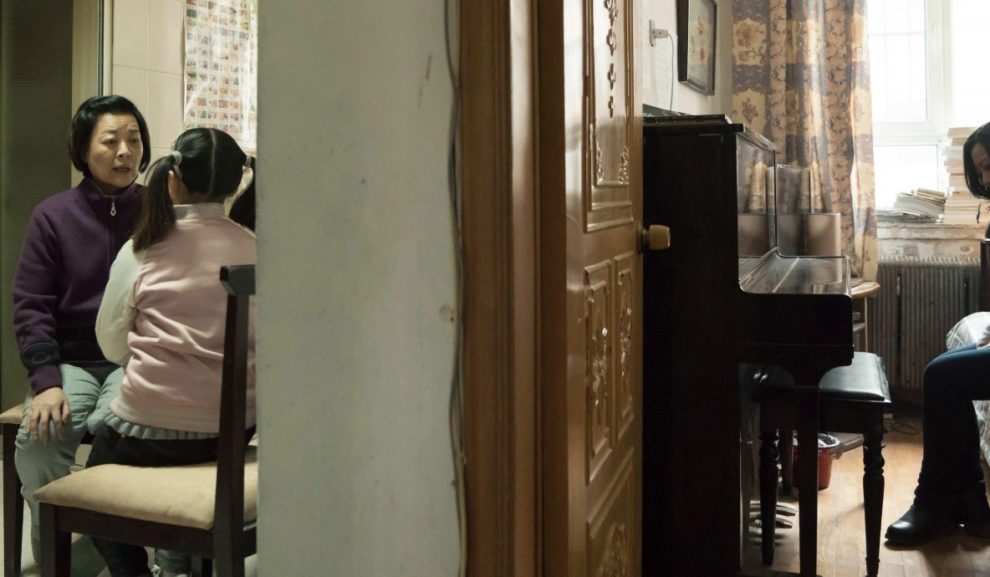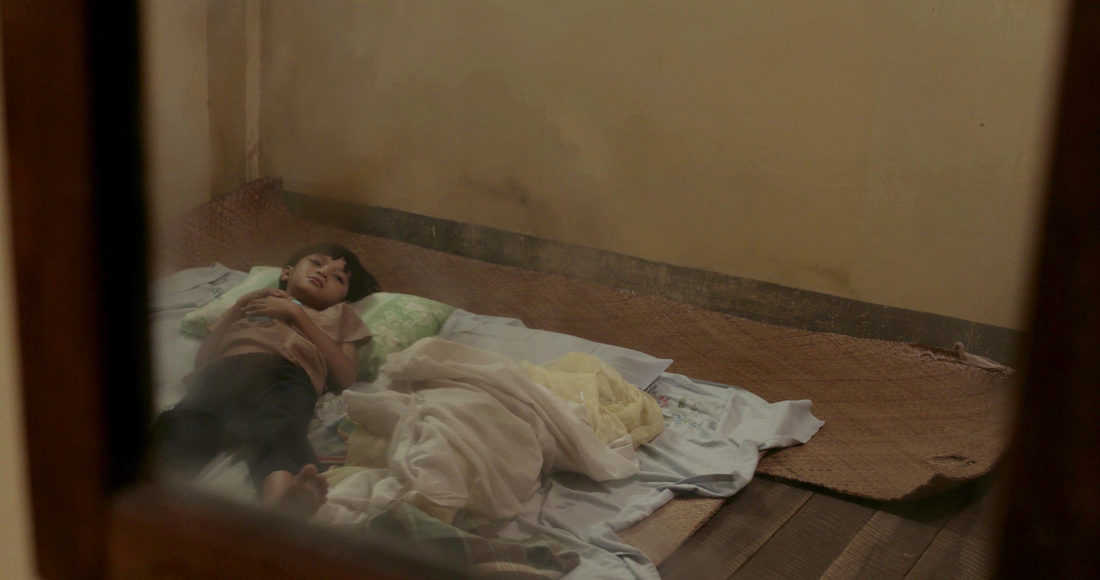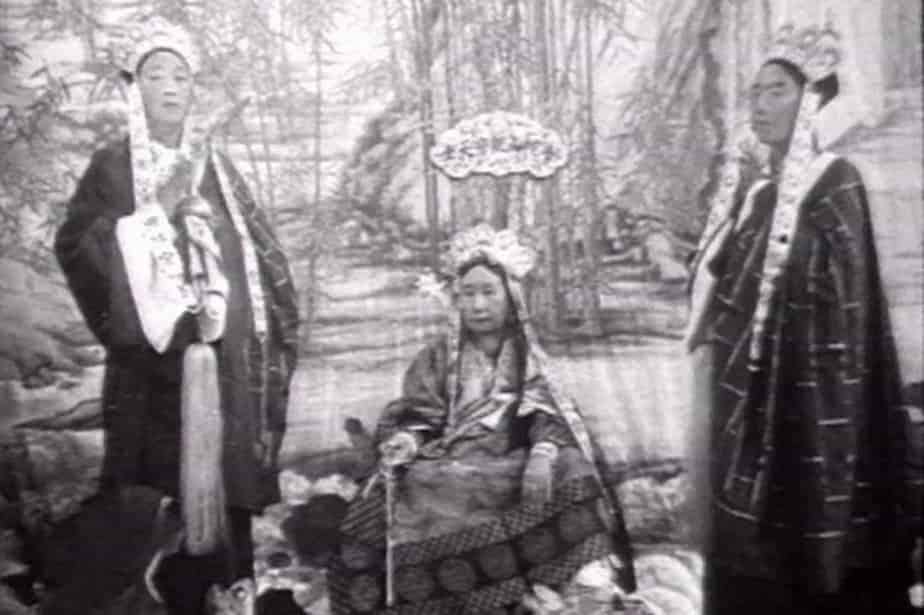Family dramas have been used repeatedly in cinema to highlight generational gaps, in one of the most common, and frequently most intriguing “tendencies” of non-mainstream cinema. Documentarist turned filmmaker Yang Lina presents a movie in that fashion, by bringing together three generations of Chinese women whose relationships are mostly dominated by clash and tension.
“Spring Tide” is screening at Helsinki Cine Aasia
Guo Jianbo is a journalist specializing in social news, who, as the intro scene highlights, frequently deals with scandals. Her attitude, however, also brings her trouble, since her articles are not exactly of the popular type the audience wants, as a former classmate who is now her higher up repeatedly states. Jianbo is also the mother of a young daughter, Wanting, whom she raises alone, with the help of her mother, as her husband was killed in an accident. The mother, Ji Minglan, helps out in the local community after retirement, and is warm and friendly to all the residents of the area, also frequently organizing small feasts for them to enjoy. On the other hand, she is rather judgmental of her daughter, and particularly of the fact that she has not remarried yet, and also because she feels she leans too much on her financially, and for raising Wanting. Ji Minglan is also dating Old Zhou, a calm and kind man who all women of the family seem to like. Jianbo has a lover of her own, although she keeps that part for herself, as much as her anger for the constant pinning down by her mother, even in front of her daughter, in a desperate effort to avoid any kind of direct clash. As time passes, the mother-daughter relationship deteriorates, with both the granddaughter and Ji Minglan's deceased husband becoming fodder in the fight.
Yang Lina directs a movie that uses the story of three women to present a series of multi-leveled comments, with the most obvious being the generational gap, particularly between the grandmother and her descendants. This element is the main source of the permeating tension here, through Ji Minglan's constant whining to the other two women, and even more so, her daughter's silent reaction, which only externalizes in two of the most impactful moments of the movie. Yang Lina builds this tension masterfully from the introduction scenes, which highlight that Guo Jianbo is not the timid daughter she appears to be in front of her mother, with her even being shown as one not reluctant to express her frustration violently. These scenes also serve another purpose, as a remark to the issues of the school environment in China, which is stressed even more by the presentation of Wanting's school life. Particularly the “public ridicule” young students experience for their performances, as much as the racism taking place inside the classroom without the faculty doing much to prevent it, emerge as quite strong comments.
In another very interesting element, and although the mother has the role of the aggressor and the daughter of the recipient in their heated interactions, the director also shows their similarities, both for their fates with their husbands, but also because they both keep completely different personas outside the family setting. At the same time, and even though a number of scenes give some justifications to her behavior due to her past and particularly the nature and overall demeanor of her husband, Ji Minglan emerges as a rather annoying and unlikable individual, particularly when she even turns against her granddaughter. That she keeps belittling her daughter even though she does not fight back heightens this sense even more, in a character that could be perceived as the personification of a blame towards the previous generation. Nevertheless, Elaine Jin is astonishing in the part, depicting her character's bitterness in the most elaborate fashion. Talking about the acting, it emerges as the movie's best trait, with Lei Hao's bottled up tension as Gu Jianbo being excellently portrayed, and Junxi Qu's cheekiness and smartness as Geting, as much as overreacting on occasion, being of the same level and the main source of a much needed comedic factor.
At the same time, as lovers, past husbands, sexual predators, child molesting, the way the news work and the hardships women face in teh working environment are also integrated in the narrative, it becomes a bit too much, to the point that one can easily gather that a family experiencing all these is quite unrealistic. Ching-Sung Liao, Bing Song and Liang Xia's editing results in a relatively fast pace, in an effort to contain all these in the 124 minutes of the movie, but the outcome is not exactly ideal, as frequently the movie appears like a collage of different ideas forced together, instead of a compact narrative. Lastly, that the daughter's confession comes through a monologue, emerges as a weak moment, both due to its duration but also because it could have been handled differently, on par with the tension that dominates the whole movie.
On the other hand, Jake Pollock's cinematography finds one of its apogees in this rather beautiful and smartly shot scene, in an overall great effort that presents the many different settings with artistry and realism, as much as the cramped apartment as a place of tension and angst.
“Spring Tide” does a bit more than it should (could if you prefer), particularly in its comments and episodes, but when considered individually, all the remarks are pointed and rather interesting, while the acting alone make the movie a must-watch.

















